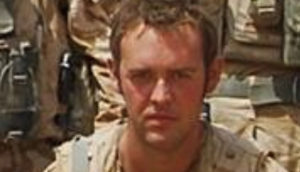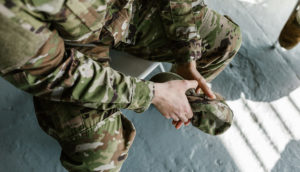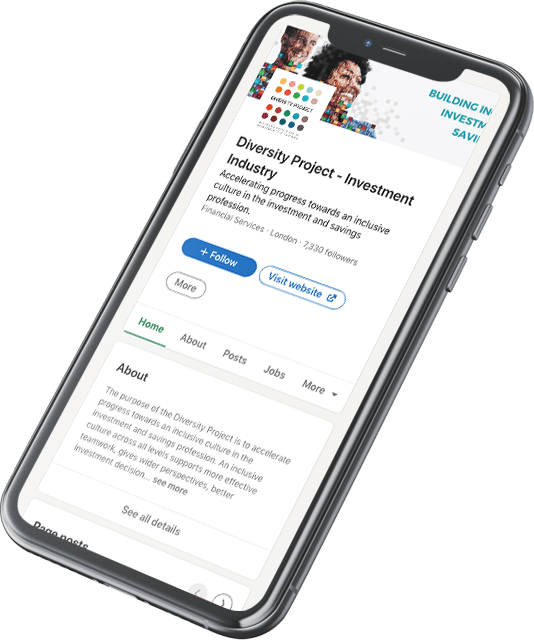As a leaving present, I was given recruitment forms for fast food joints that the Wardroom had collected on their run ashore around Gibraltar. A vote of confidence from my erstwhile comrades…
Leaving the mob was a scary prospect. I’d spent hours during watches on the Bridge mulling over what I wanted to do.
My most intelligent thought at the time was “I like problem solving, I like cocktail parties; if I combine the two, maybe it’ll make me an industry-leading management consultant”.
10 things I wish I knew before I left the Armed Forces:
- Don’t get too focused on the “dream job”, most Veterans stay in their first role for only 18 months before they settle…it’s more important to find the right firm or industry for you.
- There is a network of Veterans in the finance industry who have spent years setting up a process through which you can find a job. They want to help, so use them! When you meet someone, make sure you log another useful contact to expand your network.
- When networking, thank people afterwards in writing for their time and don’t be put off if you don’t immediately hear back. Everyone is exceptionally busy. They want to help but time is short. Drop them a line in a couple of weeks and remind them of who you are and what they promised to do for you.
- Most large financial firms have Veteran Internship programmes. These vary in terms of when they run, how long for, and whether you get paid or not. Most run excellent insight days which are definitely worth attending. Once you have an idea of your leave date, check early to see when each firm is running its recruitment cycle (firm websites will include information on recruitment and programme dates).
- If you want a client facing job, why not cold call? I mean, don’t go full Wolf of Wallstreet, but just explain who you are, why you are calling and if there are roles you can apply for. I guarantee it will make an impression.
- Stand out from the crowd. Make your achievements leap out of your CV. If you attend a recruitment event, ask a question. Speak to an employee over cocktails (they are all mandated to take names of candidates they found engaging).
- If you get an interview, prep like crazy. Think deeply about what is unique about you. How your military experiences transfer to the organisation you are interviewing to join. Have rehearsed answers for standard questions (the age old favourite “What are your key skills and weaknesses?”), that way, when the tough questions come, you’ll be mentally fresh.
- Don’t get too hung up on the initial “compensation package”. If you nail the job, as you undoubtedly will, then things will change quickly. People are “comp’d” for their impact.
- Don’t be afraid to start lower down the rungs even if you have a few miles on the clock. You’ll start under less pressure and your skills and experience will make you stand out, leading to accelerated growth opportunities. It is much better to lead the ‘B’ team than be bottom of the ‘A’ team whilst you gain experience. That said, don’t undersell yourself either. Which leads me onto…
- Have you any idea how important a commodity you are? I didn’t. The vast majority of service leavers don’t either. But the finance industry does. That’s why so many programmes have been set up to find you a job.
Chest out. Chin up. And good luck.






